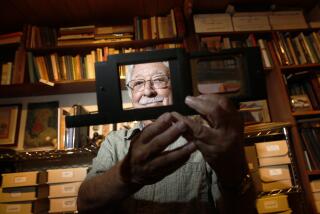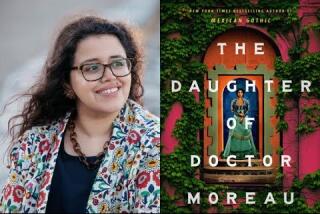Gabriel Garcia Marquez has dementia, or maybe not
Novelist Gabriel Garcia Marquez is unable to write, his brother said recently, because of dementia cancer treatments. But a colleague has told the N.Y. Times that the author is no more impaired than the average 85-year-old.
“I saw him in April,” Jaime Abellos, the director of the Gabriel García Márquez New Journalism Foundation in Cartagena, Colombia, told the N.Y. Times. “He is a man of 85 with the normal signs of his age.”
That runs counter to the assessment of Marquez’s decline put forward by his brother Jaime Garcia Marquez. “Dementia runs in our family, and he’s now suffering the ravages prematurely due to the cancer that put him almost on the verge of death,” he told the Guardian. “Chemotherapy saved his life, but it also destroyed many neurons, many defences and cells, and accelerated the process,” Jaime continued. “But he still has the humour, joy and enthusiasm that he has always had.”
“He has problems with his memory,” Jaime said. “Sometimes I cry because I feel like I’m losing him.”
“I do not agree,” said Abello. “It is an interpretation based on someone who does not share daily life with him.”
Gabriel Garcia Marquez was awarded the Nobel Prize in literature in 1992. His best-known novel, “One Hundred Years of Solitude,” was first published in Spanish in 1967, and has since been translated into three dozen languages and sold more than 30 million copies worldwide.
Marquez has been known as a father of magic realism, a genre of fiction that combined fantastical elements and the real, and became closely associated with literature from Latin America. Other major novels by Marquez include “Love in the Time of Cholera,” “The Autumn of the Patriarch,” “The General and His Labyrinth” and the novella, “Chronicle of a Death Foretold.”
As a young man, Gabo worked as a journalist in Colombia; Rome; Paris; Barcelona, Spain; Caracas, Venezuela; New York; and Mexico City. His work has often been metaphorically or overtly political; he fostered a friendship with Cuba’s Fidel Castro. In recent years he was said to be at work on a new novel, titled “We’ll See Each Other in August,” and the second installment of a planned three-book memoir.
More to Read
Sign up for our Book Club newsletter
Get the latest news, events and more from the Los Angeles Times Book Club, and help us get L.A. reading and talking.
You may occasionally receive promotional content from the Los Angeles Times.









